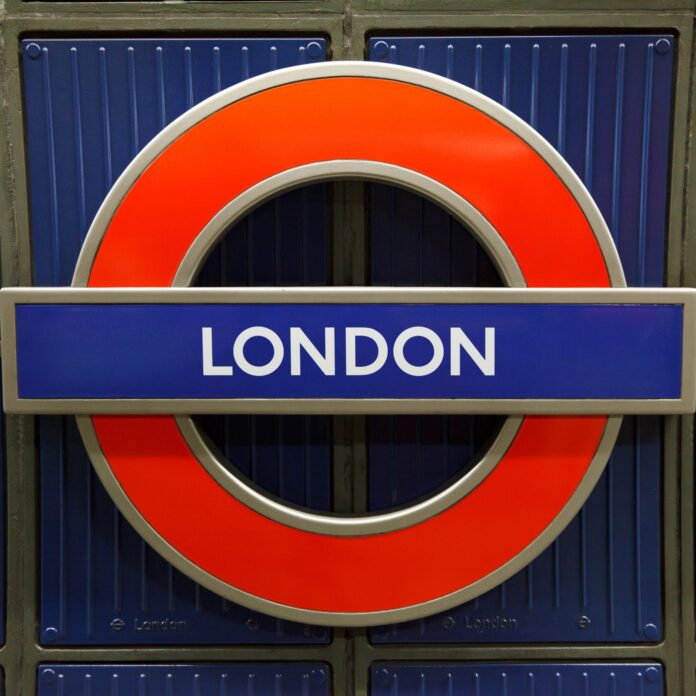There’s been a lot of buzz in the news lately about the London startup scene for tech. It seems things are really taking off for London.
The latest news focuses on the launch of a $140 million fund aimed at series A funding for European startups. Mosaic Ventures launched today to a great deal of fanfare and high hopes for the implications to the Europe startup community.
Simon Levene, Mike Chalfen and Toby Coppel are the founders, who together have more than 30 years of investment experience in the United States and Europe. They have invested in more than 70 companies, spread across 10 countries and with a cumulative value of these organizations surpassing $200 billion. Included in these investments are notable startups such as Etsy, Alibaba, Indiegogo and Pinterest. Their first announced investment as Mosaic is in German startup, NumberFour AG, which develops apps to enable small businesses to have tools normally only available to larger firms to help them work more productively and stay competitive.
Why focus on Series A?
Mosaic’s view focuses on a few key points. The U.S. venture funds who are active overseas beyond Series A, tend to have between three to five emerging European winners. There are now many sources of seed and angel capital; but in comparison to the United States, there is a lack of investors focused on Series A. The business model for most startups today is more conservative on how they spend their early investment dollars making Series A more interesting than it might have been in the past.
Why Europe?
According to the Mosaic team there are some important indicators in the Europe market:
- There’s an ecosystem in place: Mosaic claims there are more than 200 European-founded tech startups that have “exited” for over $100 million in the last decade. And an additional 150-plus that are today valued at more than $100 million, but yet to exit.
- Similar to Silicon Valley, much of the entrepreneurial talent is migrant or first generation in European cities. To cite a few examples: 37% of Londoners were born outside the U.K.; 27% of Stockholm’s community is non-Swede; and Berlin is 15% non-German.
- Given today’s global online economy it isn’t necessary to move your headquarters to the United States to be successful there. Only two of the top 20 “unicorns” (more than $1 billion valuation) tech leaders who are privately held made this move.
Why London?
According to tech.eu there were 92 exits in Europe during the second quarter, up from 52 in the first quarter. London led with 20 of these, closely followed by Germany with 18. The United States led with the purchase of 30 of these companies, also with Germany in second place from a buyer’s perspective with 13. In the first quarter there were 54 exits, although Germany led that time with the most exits and the majority of purchasers still coming from the United States.
In April of this year, Munich was named the hottest tech city in Europe based on a report from the European Commission titled “Mapping the European ICT Poles of Excellence: The Atlas of ICT Activity in Europe.”
Forty-two measurements were considered that help define cities where the appropriate ecosystems exist to foster startup innovation and growth. Considerations included access to high quality educational institutions; long-term policies on research and innovation; and other advantages often found in capital cities. Munich’s focus on engineering and R&D helped it to edge out London. And let’s be fair, Munich only won by three points.
But, the Oktoberfest started Saturday and that should add some value to the score. Seems to me both are a great place to start a new venture and glad to see the focus of Mosaic in this region.


